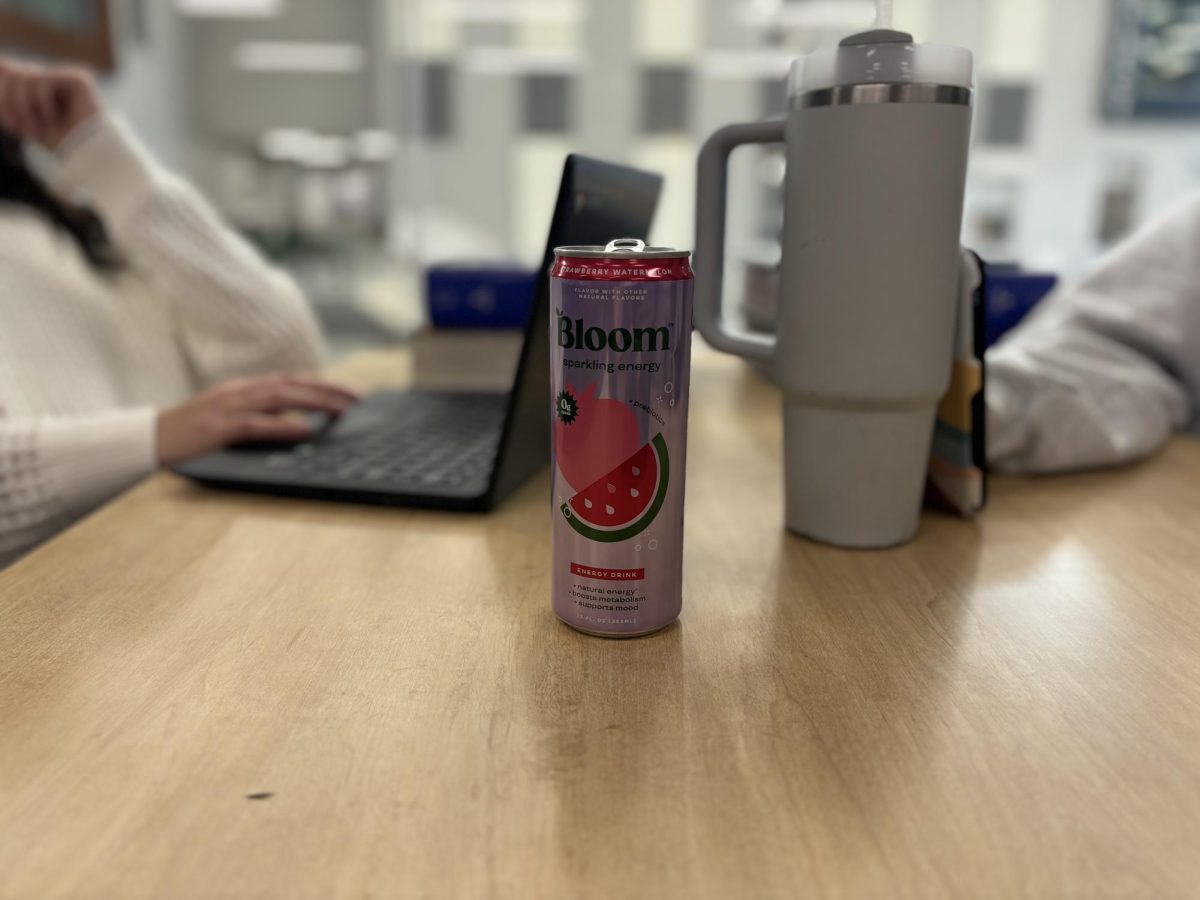Energy drinks are a staple in the daily lives of many students around the world, whether it is trying to stay awake during a long school day or preparing for a workout shortly after. Many students rely on caffeine more than they need.
These drinks consist of caffeine, sugar, and other ingredients such as vitamins and amino acids. In that case, to students who really need that extra boost, energy drinks will be the first thing they think of. Energy drinks give an initial kick, but the negative side effects include jitteriness or anxious feelings from all that sugar and caffeine, which may actually make it tougher to pay attention in class. Once that initial boost wears off, you’ll crash and feel even more drained than you were before.
Another problem is how energy drinks mess with one’s sleep. If you drink an energy drink too late, the caffeine will keep you up at night. The next day you’ll feel exhausted and reach for another energy drink to keep you going, and so on and so on. A lack of sleep will affect your performance at school and even your health.
Energy drinks also contain a lot of sugar, which is not healthy for the body in the long run. Too much consumption of sugar may lead to weight gain and other health problems. Most energy drinks are composed of artificial ingredients that are not good to consume over a long period of time.
Some schools have prohibited energy drinks or restricted them based on the effects they cause on the health and attention of the students. Both teachers and parents are concerned about how these types of drinks affect classroom performance and overall well-being.
In the end, though it may give you that much-needed boost, the cons outweigh the pros for energy drinks in school. These drinks can alter your sleeping schedule and make you feel jittery, which is not healthy. Perhaps it would be much better to find healthier ways of staying focused, like getting good sleep, staying hydrated, and snacking on balanced foods, than having to take an energy drink.



